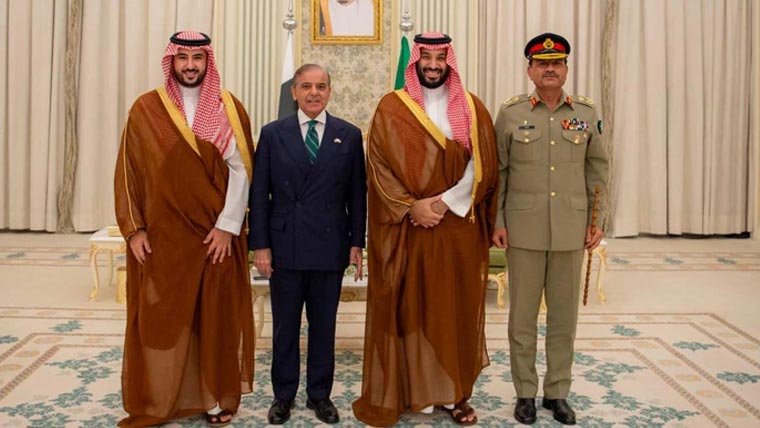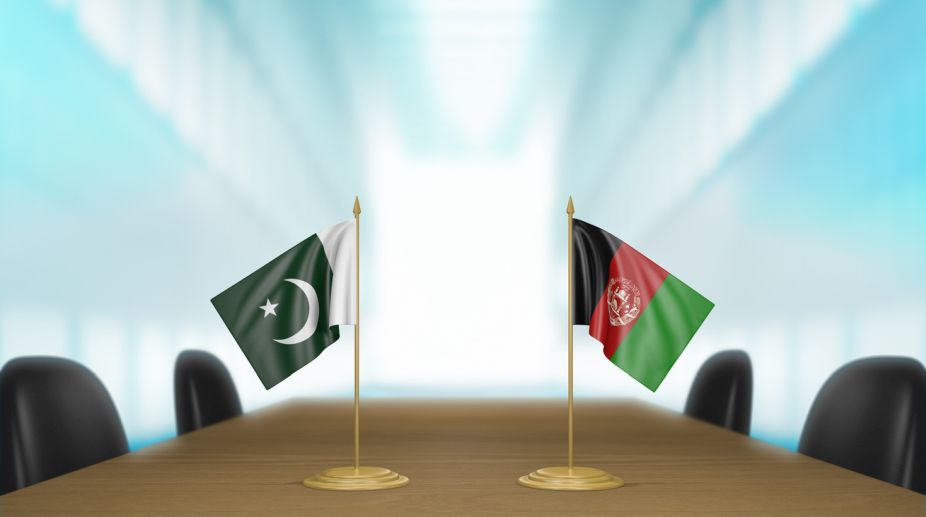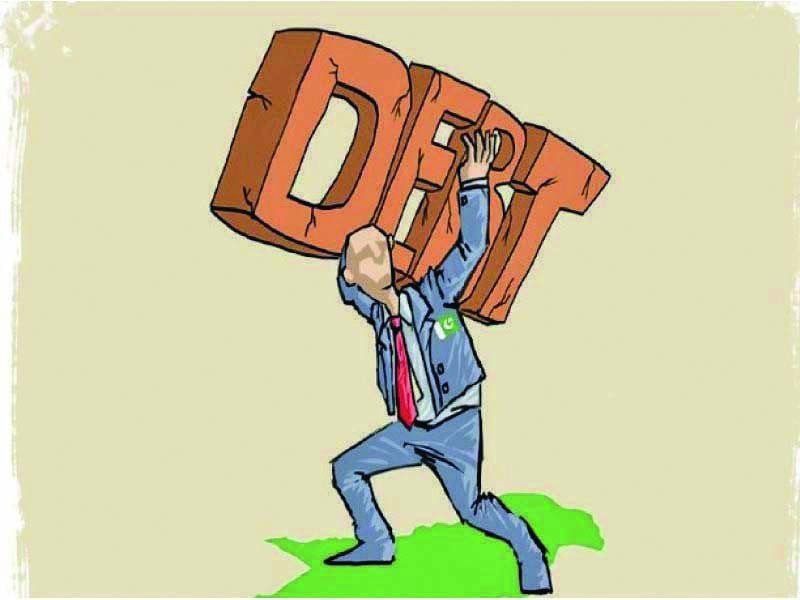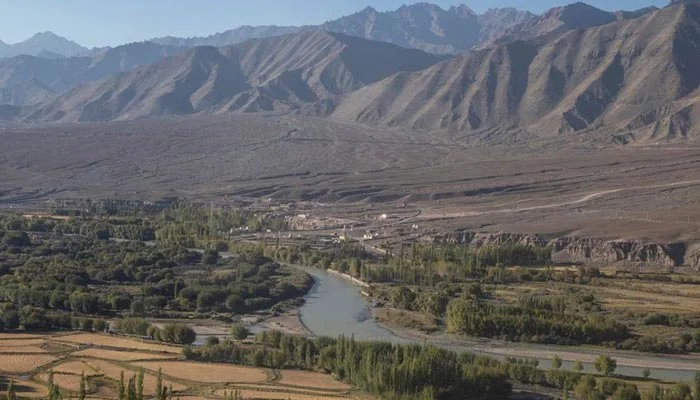Zafar Iqbal
As Pakistan prepares to unveil its federal budget for fiscal year 2025-26 on June 2, hopes for an economic turning point are high—but so are the risks of repeating past mistakes. Finance Minister Muhammad Aurangzeb has outlined an “export-driven” and “strategic” approach, signaling ambition. Yet such language, though promising, is nothing new in Pakistan’s economic discourse. The real challenge lies not in articulating goals but in executing them—and doing so without political interference that has historically sabotaged even the most well-intentioned policies.
Despite numerous economic blueprints, Pakistan remains mired in structural inefficiencies: costly financing, unaffordable energy, and a tax system so convoluted that it frustrates even the most diligent taxpayer. These issues are no longer open questions—they have been scrutinized and documented by global economists, think tanks, and international institutions. What Pakistan lacks is the political will to implement and sustain the needed reforms.
This year’s budget arrives at a particularly fragile moment. The economy, after enduring years of shocks—from inflation to currency depreciation and a yawning fiscal deficit—now shows signs of tentative recovery. But that fragile optimism could easily unravel if the budget once again falls victim to political expediency.
Historically, one of the most destructive patterns in Pakistan’s economic management has been the tendency of incoming governments to dismantle or discredit policies initiated by their predecessors. Economic initiatives are abandoned midstream not because they are flawed, but because they carry the wrong political label. This zero-sum political culture renders long-term planning nearly impossible. Prime Minister Shehbaz Sharif’s call for a “Charter of Economy” is a positive gesture toward bipartisan consensus. However, it will remain toothless unless both government and opposition make a binding commitment to insulate critical economic policies from political sabotage.
The notion of an export-led strategy is fundamentally sound. Pakistan’s reliance on imports and debt must give way to production and external competitiveness. But such a transformation cannot occur unless the cost of doing business is significantly reduced. This means rationalizing energy tariffs, removing bureaucratic red tape, and, most urgently, fixing the tax system.
The Federal Board of Revenue (FBR), long seen as a symbol of inefficiency and intimidation, is now in deeper crisis. A staggering 500 percent increase in tax-related complaints speaks to a system that is both predatory and broken. Recent reports of aggressive and often arbitrary tax collection practices are deeply troubling. Harassment of compliant taxpayers destroys public trust and discourages participation in the formal economy. The government must understand that increasing revenues should not come at the cost of fairness. Tax reform must be consultative and progressive, expanding the tax net rather than punishing those already within it.
Another critical component of the upcoming budget is the fate of tax exemptions. Ostensibly designed to nurture emerging industries, these exemptions have morphed into tools for political patronage and elite rent-seeking. They drain public revenue while perpetuating a deeply unjust economic order. Phasing out these privileges is a step in the right direction, but it must be accompanied by transparency and public communication. Citizens deserve to know how the savings from these rollbacks will be used—and the answer must be human development.
Pakistan’s ranking on the Human Development Index (HDI)—168 out of 193 countries—is a damning reflection of misplaced priorities. The country’s HDI score has barely budged in recent years, stagnating in education, healthcare, and social welfare. Budget after budget, rhetoric about “inclusive growth” is rarely matched by actual investment in people. If the government is serious about reform, this must change. Public expenditure must tilt decisively toward education reform, universal healthcare, clean drinking water, and strengthened safety nets.
Social infrastructure is not a luxury—it is the foundation of sustainable economic development. No economy can thrive when its workforce is undereducated, malnourished, and unprotected. A budget that fails to address these core issues is not strategic—it is simply shortsighted.
Crucially, this budget must rise above the numbers game. It must be more than a document prepared to appease the International Monetary Fund (IMF) or placate foreign creditors. A successful budget must inspire confidence: among domestic businesses, foreign investors, and most importantly, the citizens of Pakistan. The people need to believe that the sacrifices demanded of them are part of a coherent plan that promises better outcomes.
This is also an opportunity to restore credibility. The government must abandon the practice of overpromising and underdelivering. Targets should be realistic, policies should be clearly articulated, and implementation should be monitored rigorously. Accountability for missed goals must become standard practice. The days of passing blame must end.
To this end, an independent fiscal council or oversight body could play a pivotal role. Tasked with reviewing the budget’s assumptions, tracking its implementation, and making policy recommendations, such a body could provide continuity and insulate fiscal planning from partisan shifts.
If the FY26 budget is to mark a genuine departure from the failures of the past, it must be rooted in discipline, transparency, and long-term vision. It cannot be another stopgap exercise to secure short-term financing. It must lay the groundwork for structural change, focusing on productivity, equality, and human capital.
Ultimately, budgets are not just economic tools—they are political statements. They reveal a government’s true priorities. The FY26 budget must send a clear message: that Pakistan is ready to break the cycle of short-sighted fixes and embark on a path of genuine reform.
The world is watching. Investors are watching. But more than anyone else, Pakistanis are watching. They have heard enough speeches, endured enough promises, and borne the cost of decades of mismanagement. Now, they demand results. This time, the government must deliver—not just a budget, but a future.






